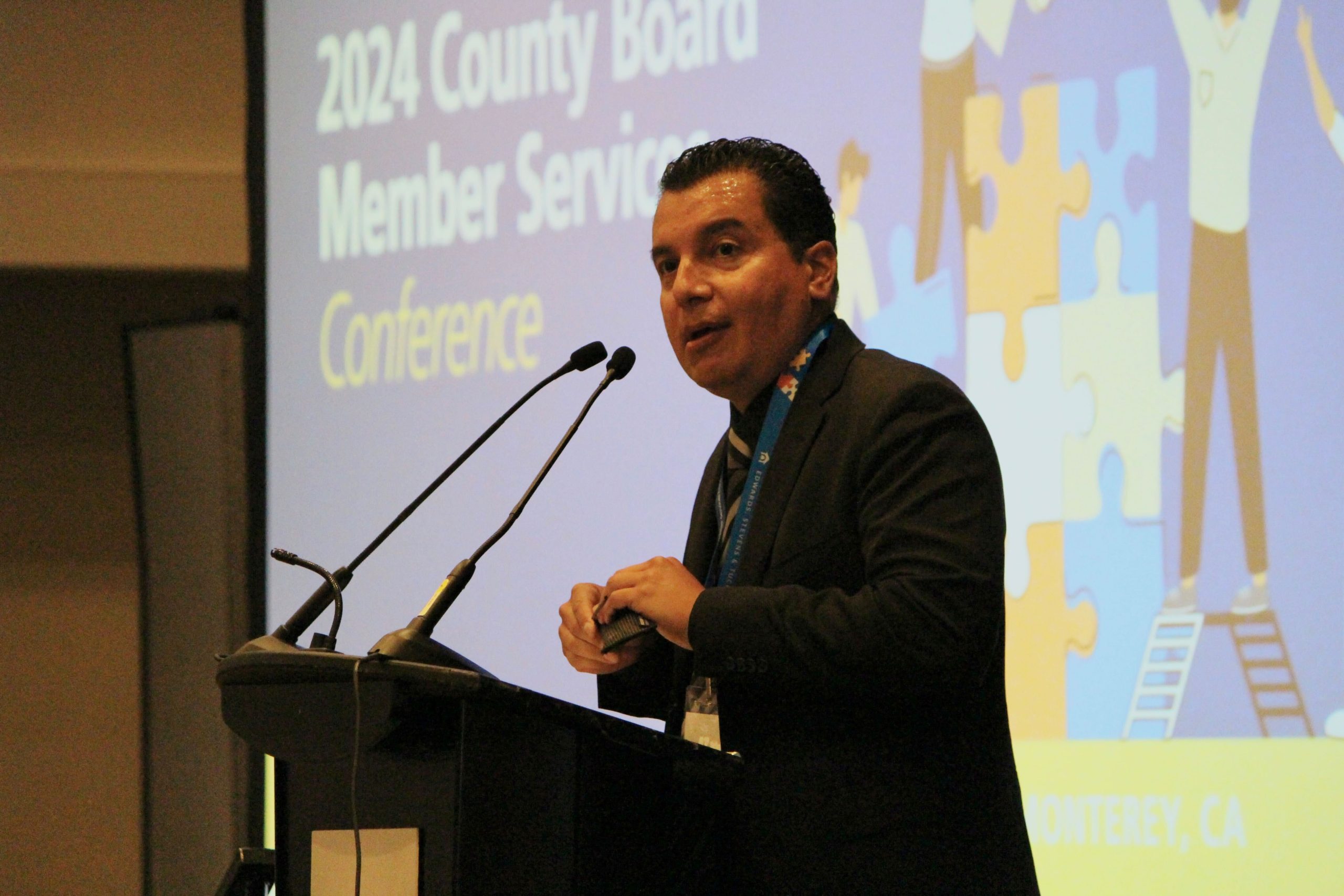By Teri Burns, Senior Director for Policy and Programs
The two-day March State Board of Education meeting this week included a number of agendized action and information items, but the most interesting conversation came about unscripted, as part of what might have been a relatively simple information item on the progress of recommendations for changes to the Academic Performance Index (API).
Keric Ashley, head of the California Department of Education Analysis, Measurement & Accountability Reporting Division, shared updates from the Public Schools Accountability Act Advisory Committee on how to incorporate graduation data and college and career readiness indicators into the high school API.
The conversation evolved into a healthy discussion about the need to revisit the API in light of SB 1458 requirements for consideration of multiple measures of student achievement, the Smarter Balanced Assessment Consortium’s Common Core assessments now being developed, and the potential suspension of some exams in 2013-14 and beyond. Chief Deputy Superintendent Rich Zeiger noted that this is a unique opportunity to define what we want from our public education system and to expand the current system beyond multiple measures that get forced into a single number.
The Board members’ task begins with the need to consider further the PSAA Advisory Committee recommendations and whether it is best to adjust the API annually, with additional measures, or to make a single big change while they also consider the specific share of the API that each measure represents. Board member Ilene Strauss noted that other states are also looking at adding a variety of indicators to their accountability systems, and she said we should not rush to apply them until they are well vetted. Others talked about the idea that weights of individual factors may create winners and losers in the system without justification. The Board will need to see lots of examples of what will happen as they change the dials on the measurements that factor into the final number.
New Board member Sue Burr then stated the issue even more expansively: Many of the components that once made up the API no longer exist, and there are few real consequences to high and low API scores. We should be considering a robust accountability system and how to report it in a new way, she suggested.
So, that’s how a simple report on the potential of including graduation and dropout rates in the API turned into a wide-ranging, thoughtful and necessary conversation on the future of the API—both short- and long-term. Choices range from simply taking time out from calculating an API during the transition to new accountability measures to eliminating the API in favor of something more transparent and accurate. Board members did not shy away from the idea that we might just take a break and not report scores while we are in transition, allowing creation of a new baseline.
It was a truly inspiring afternoon, offering the deep policy discussion that is the very purpose of the State Board of Education. They looked beyond the “what is” to the “what can be.” I look forward to being part of further conversations like this as the “perfect storm” converges—Common Core implementation, revision of the state assessment system, modification of the school finance system and revision of the state accountability system.






Be the first to reply